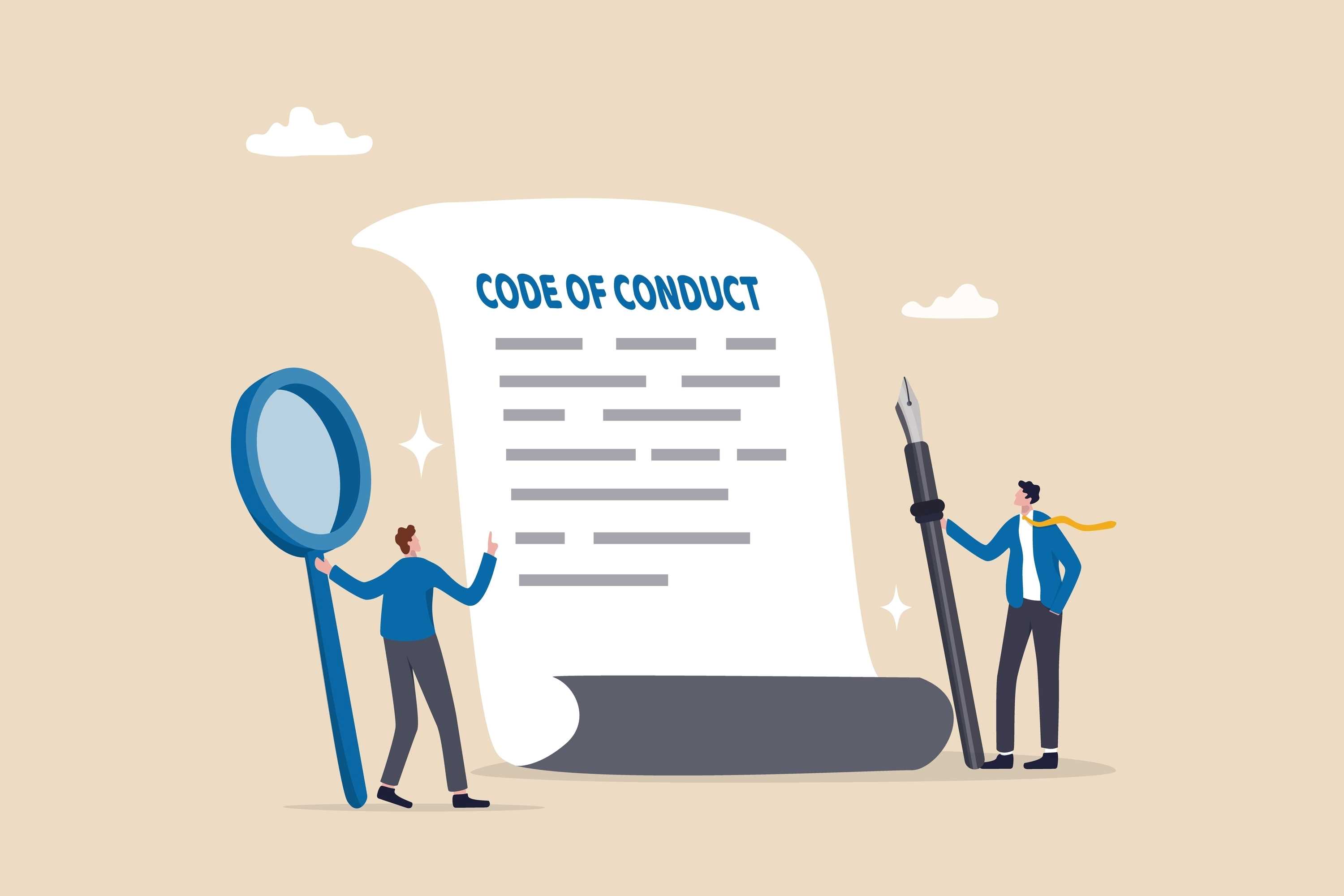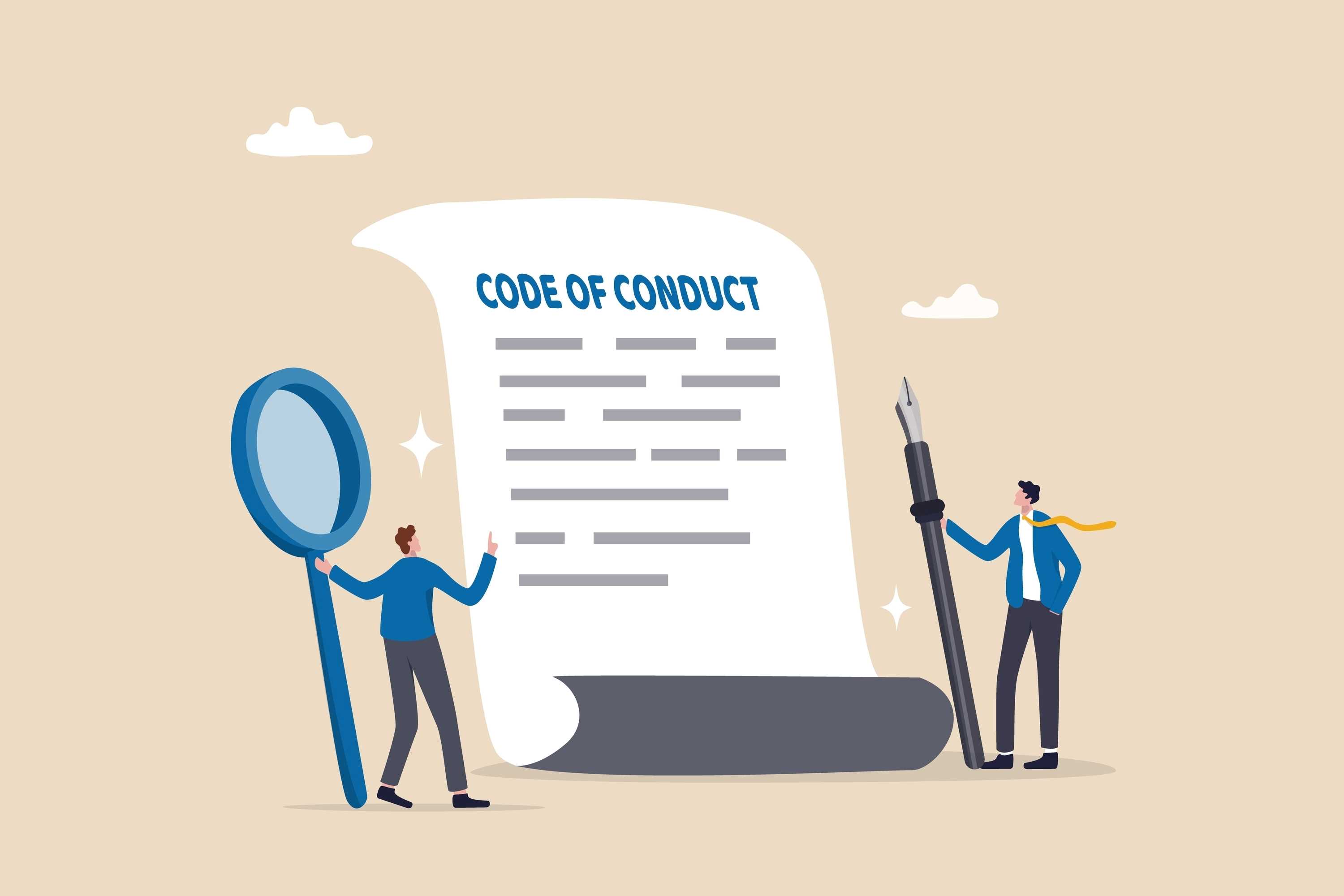2023 Review of the Franchising Code - Government Response
On 7 May 2024, the Minister for Small Business, the Hon Julie Collins MP, released the Australian Government's response to the Independent Review of...
6 min read
 Ana Haarsma
:
Updated on February 20, 2025
Ana Haarsma
:
Updated on February 20, 2025

On 23 August 2023, the Government released the Consultation Paper for the 2023 review of the Franchising Code of Conduct.
By releasing the Consultation Paper, the Government is seeking input from various stakeholders, including franchisors, franchisees, and industry experts.
Why is the Franchising Code of Conduct being reviewed?
Terms Of Reference
Consultation Paper
Takeaways
Four reviews of the Franchising Code are due in the next 12 months. In order to avoid duplication of effort for stakeholders, the 2023 review of the Franchising Code of Conduct will take into account all four reviews.
The Franchising Code is due to sunset on 1 April 2025.
All legislative instruments are subject to the sunsetting provisions contained in the Legislation Act 2003 which provide that legislative instruments that are not exempted will be automatically repealed after about 10 years, unless action is taken to preserve them.
The purpose of sunsetting provisions is to ensure that legislative instruments are kept up to date and remain in force for so long as they are needed.
If a legislative instrument is due to sunset, the appropriate Government agency and department will generally:
The July 2020 "Guide to managing the sunsetting of legislative instruments" provides in relation to the design of a fit-for-purpose review:
"As a general principle, the review should result in a clear finding as to whether the law contained in the sunsetting instrument continues to have a purpose. If so, the review must identify any changes that are required to ensure that the replacement instrument is current, legally effective, drafted to a high standard and reflects the outcomes of appropriate consultation".
In accordance with the sunsetting requirements referred to above, the first Term of Reference of the 2023 review of the Franchising Code provides that the review will have regard to the general fitness for purpose of the Franchising Code.
Part 5 of the Franchising Code regulates new vehicle dealership agreements.
Clause 58 of the Franchising Code provides that the Minister must cause a review of the operation of the Part 5 amendments to be conducted before 1 April 2024.
The third Term of Reference of the 2023 review of the Franchising Code provides that the review will have regard to the role of the Franchising Code in regulating the automotive sector.
Part 5A of the Franchising Code regulates the Franchise Disclosure Register.
Clause 53J of the Franchising Code provides that the Minister must cause a review of the operation of Part 5A to be undertaken. The review must commence on or after 15 November 2023 (being 12 months after the operation of the Franchise Disclosure Register).
The fifth Term of Reference (set out below) provides that the 2023 review of the Franchising Code will have regard to the provisions in the Franchising Code related to the Franchise Disclosure Register. However, given that the review "must commence on or after 15 November 2023" the Consultation Paper notes that "there will be a further opportunity to provide feedback on the operation of the Register in November this year when the Register has been publicly available for one year".
A Post Implementation Review evaluates whether the implemented legislation is operating as intended and is meeting its objectives.
Stakeholder consultation is a key part of a Post Implementation Review.
The third Term of Reference of the 2023 review of the Franchising Code provides that the review will have regard to the role of the Franchising Code in regulating the automotive sector, including the effectiveness of the 2020 and 2021 reforms.
The Terms of Reference published on 15 August 2023 provide that the 2023 review of the Franchising Code of Conduct will have regard to the following:
The Consultation Paper released on 23 August 2023 has split the Key Issues to be examined into five categories:
Each category contains a number of questions and considerations for submission. Submissions close on 29 September 2023.
| Category | Questions |
| The Scope of the Regulation |
Does the general scope of coverage of the Franchising Code remain appropriate? Is the scope of coverage flexible enough having regard to the diversity of the franchising industry? Have the amendments regarding the exclusion of cooperatives from the provisions of the Franchising Code effectively clarified that they fall outside the scope of the Code? What evidence is available to suggest additional protections in the Franchising Code for new car dealerships should be extended beyond new car dealerships (for example to truck, motorcycle and farm machinery dealerships)? Should agreements between automotive manufacturers and dealerships that relate only to service and repair work (which do not cover matters relating to vehicle sales) be considered as franchise agreements and covered by the Franchising Code protections? Why or why not? Has the amended definition of motor vehicle dealership effectively clarified that agency sales models remain within the scope of regulation under the Franchising Code? |
| Before Entering into a Franchise Agreement |
How effective are the requirements of the Franchising Code that ensure franchisors make information available to franchisees prior to entry into a franchise agreement? If possible, please comment on the effectiveness and content required for inclusion in each of the Franchise Disclosure Register, Information Statement, Key Facts Sheet and Disclosure Document. How have changes to unfair contract terms laws impacted franchise agreements? Is the approach in the Franchising Code to regulating certain types of contract terms still appropriate? Do you have any other comments on how the Franchising Code regulates the relationship between franchisors and franchisees at the point of entry into a franchise agreement? What impact have the 2021 changes relating to compensation and return on investment had on franchisors and franchisees entering into new vehicle dealership agreements? Where possible, please provide detail on the costs and benefits the new car dealership sector has experienced because of these changes. |
| Enduring Obligations in Franchise Relationships |
How well does the Franchising Code support franchisors and franchisees during the term of the franchise agreement? In particular, does the Franchising Code provide adequate minimum standards relating to structural and/or operational change management? How effective are the 2021 reforms which restricted the franchisors' capacity to require a franchisee to undertake significant capital expenditure? What impact have the 2021 amendments to the obligation to act in good faith in relation to new car dealerships had? Where possible, please provide detail on the costs and benefits the new car dealership sector has experienced because of these changes. |
| Ending a Franchise Agreement |
How effective are the 2021 reforms to the Franchising Code which created a process for franchisees to formally request early exit from their franchise agreements? Where possible, please comment on the impact, or expected impact, of reforms to the Franchising Code which seek to ensure franchisees are paid compensation if the franchisor terminates a new vehicle dealership agreement early. Where possible, please provide detail on the costs and benefits (or expected costs and benefits) to the new car dealership sector resulting from these changes. |
| Enforcement and dispute resolution |
Is the current role of the ACCC in relation to enforcement of the Franchising Code appropriate? How useful and effective are the educational resources provided by regulators (such as from the ACCC)? Do they ensure prospective entrants to the franchising sector are sufficiently aware of their rights and responsibilities? Is the level of industry engagement appropriate? What has been the impact of the 2022 reforms which increased certain penalties available under the Franchising Code? Particular comment is sought on penalties which were increased to the greater of $10 million, three times the benefit obtained, or 10 per cent of annual turnover? Is the role and activity of the ASBFEO in relation to supporting dispute resolution under the Franchising Code appropriate? Do the dispute resolution provisions in the Code provide an effective framework for the resolution of disputes? In particular, are you aware of whether 2021 reforms relating to multi-party dispute resolution and voluntary arbitration have been utilised by participants in the franchising sector? If not, why not? |
The Franchising Code of Conduct is undergoing a further review.
The Government is seeking input from various stakeholders, including franchisors, franchisees, and industry experts. Submissions can be made to franchisingreview@treasury.gov.au. The closing date for submissions is 29 September 2023.
Disclaimer
The information in this article is general in nature and is not intended to address the circumstances of any person or other entity. Although we do our best to provide timely and accurate information, we do not guarantee that the information in this article is accurate or that it will continue to be accurate in the future.

On 7 May 2024, the Minister for Small Business, the Hon Julie Collins MP, released the Australian Government's response to the Independent Review of...

On 8 February 2024, the Minister for Small Business, the Hon Julie Collins MP, released the Independent Review of the Franchising Code of Conduct by...

The regulation of Unfair Contract Terms is about to change. In November 2023 the 12 month transition period for the Treasury Laws Amendment (More...